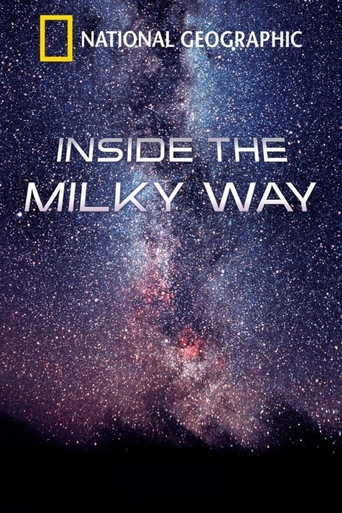



Watch something else. There are very few redeeming qualities to this film.
View MoreThis is one of the few movies I've ever seen where the whole audience broke into spontaneous, loud applause a third of the way in.
View MoreAll of these films share one commonality, that being a kind of emotional center that humanizes a cast of monsters.
View MoreAn old-fashioned movie made with new-fashioned finesse.
View MoreI must concur with littlebearyeah. The sound track is so loud and over the top that I actually quit watching the program before it was half completed. All the current Nat Geo programs seem to suffer this default where the attempt to generate emotion through loud, dramatic crescendos and other effects that make it extremely difficult to hear the narration. These sound tracks have become so intrusive and annoying that it has caused me to totally quit watching anything on Nat Geo TV. Too bad that the editors of these wonderful programs are so intent on ruining their product.
View MoreImpressive stuff from Nat Geo. However, these modern doco's all suffer from an over reactive sound track. Struggled to hear the narrative above the music. As much as I enjoy classical music, I'd say that the use of heavy arpeggios with the spoken word is a mistake. I'd like to meet with some of these produces who pound us with these over the top tracks. We're interested in the science people! Back in the 80s the BBC produced wonderful documentaries under the 'Horizon' title. Of course they still do. Back then the music was appropriate and 1st rate narrator Paul Vaughan was in a class of his own. Lets get back to the story and leave the music to the X Factor!
View MoreAccording to this excellent documentary, there are 200 billion stars in our galaxy. The Milky Way is a beautiful sight under dark skies. It is a spiral, a giant disk of stars. Our solar system lies between two of its spiral arms. Astronomers compare the Milky Way to the beautiful M74. We visit the Orion Nebula and witness star birth from dust and gas. We journey to the Crab Nebula, a supernova remnant from which heavy elements were created. We move to the galaxy's heart to discover the black hole called so-2. We travel upward to the globular clusters, the oldest stars. Dark matter is discussed, the glue holding the Milky Way together. Light passes through it. We see the Milky Way colliding with the Andromeda to form an elliptical. Geoff Marcy talks about how galaxies may have habitable zones much like stars while Seth Shostak adds some humor. National Geographic did this show.
View MoreThis narrator will always be Querns to me. When you play a memorable character, that happens.This is a good documentary, but its main flaw is that it is not what it claims to be about. It is only tangentially about the Milky Way. It's more about the universe in general. I had expected something that would map our view of the Milky Way onto a 3D model of it. I had expected that we'd pick out many interesting features. I wasn't so much interested in how they got there or where they are going (for this documentary). Given the completeness of the Milky Way we are shown, I suspect it's largely an artist's conception, rather than a model.Some further nits to pick: If you think the terms "star city" and "miraculous" should be used repeatedly in a science documentary, then this may be for you. But the dumbing-down of content in this manner started to irritate me.Dark matter, of course, has not been discovered. That's why we call it "dark matter". It's expected, but it has never been discovered. It's also possible that our understanding of gravity is inaccurate (as if that hasn't happened many times before).Also, the picture of the early universe was presented as if it were visible light, but that's a radio telescope picture. If they went to lengths (see what I did there?) to explain infrared, visible, and X-ray images, why not this? And I was disappointed that the computer-simulated universe which "perfectly" matches our own was not actually overlaid so we could see how perfect the match was with our own eyes. It's bizarre they would just make the claim without showing it.But generally it's a good overview of the universe, touching on a wide variety of topics including the life cycle of stars, types of stars, life cycle of galaxies, history of the universe, life, astronomical techniques, globular clusters, ultra-faint dwarf galaxies, and Andromeda. It's unusual to have all of this pulled together into a single presentation, and it does earn 7/10.
View More